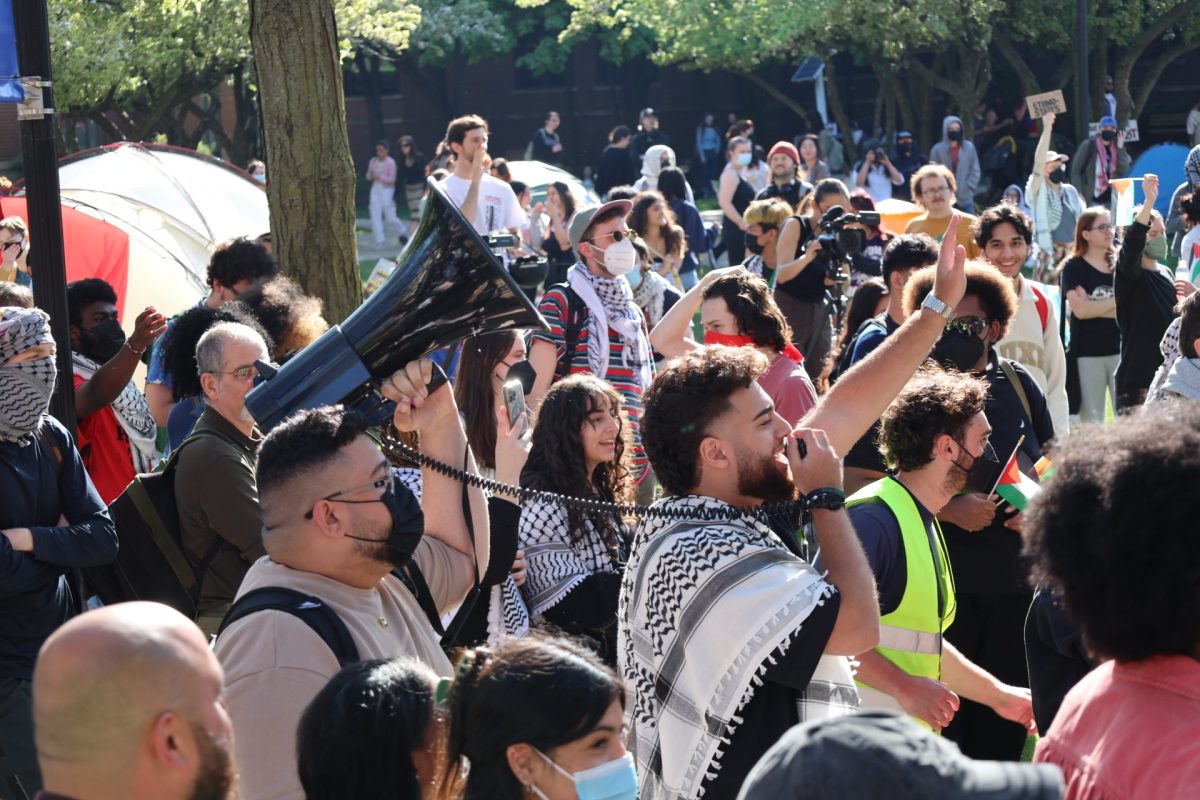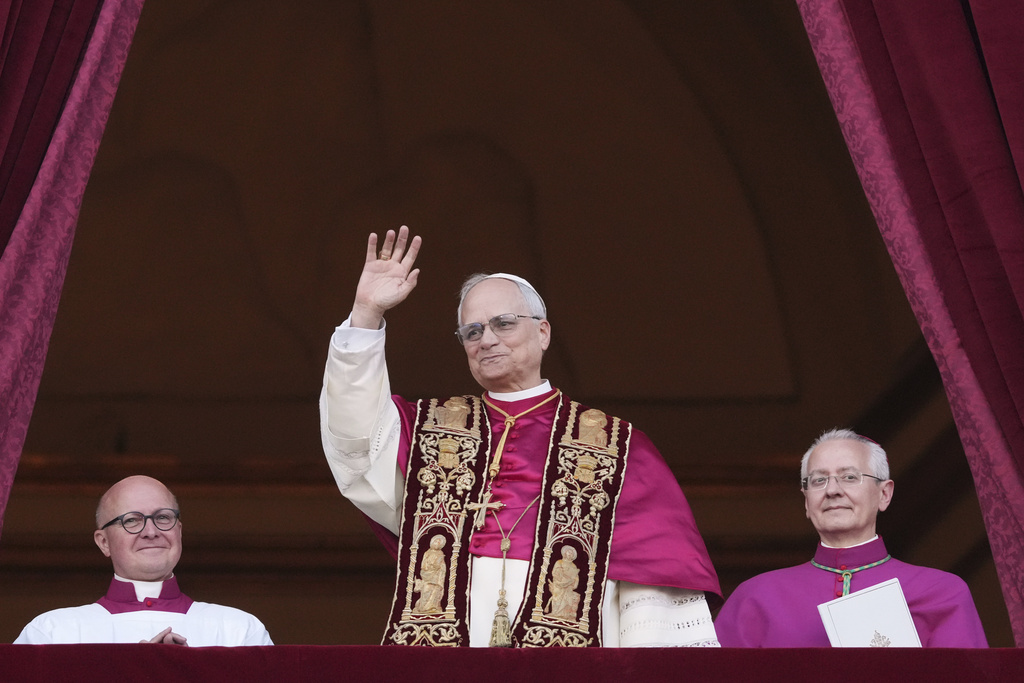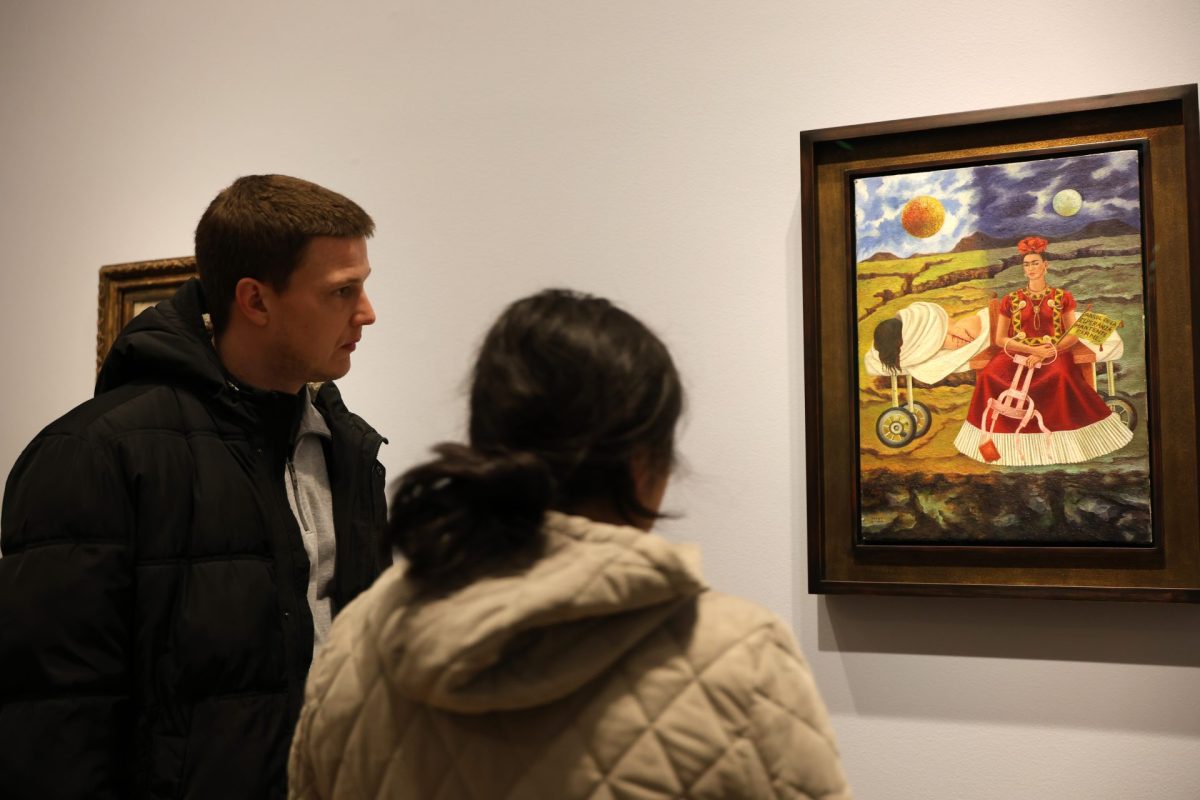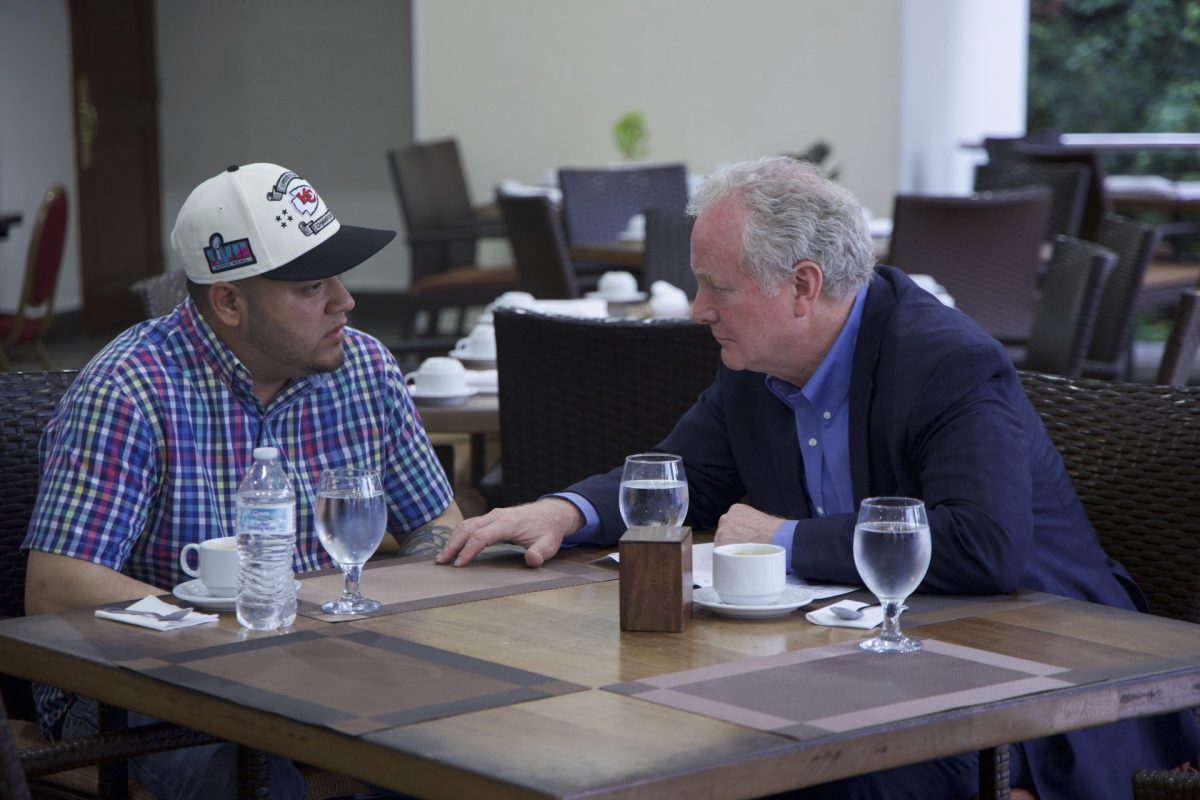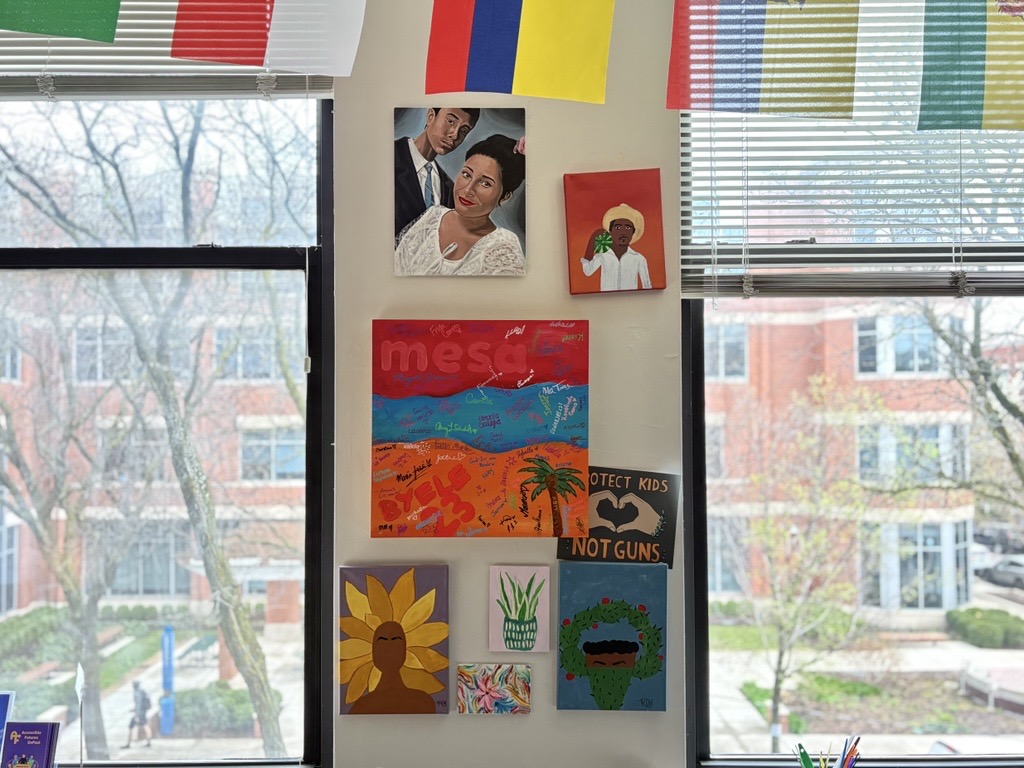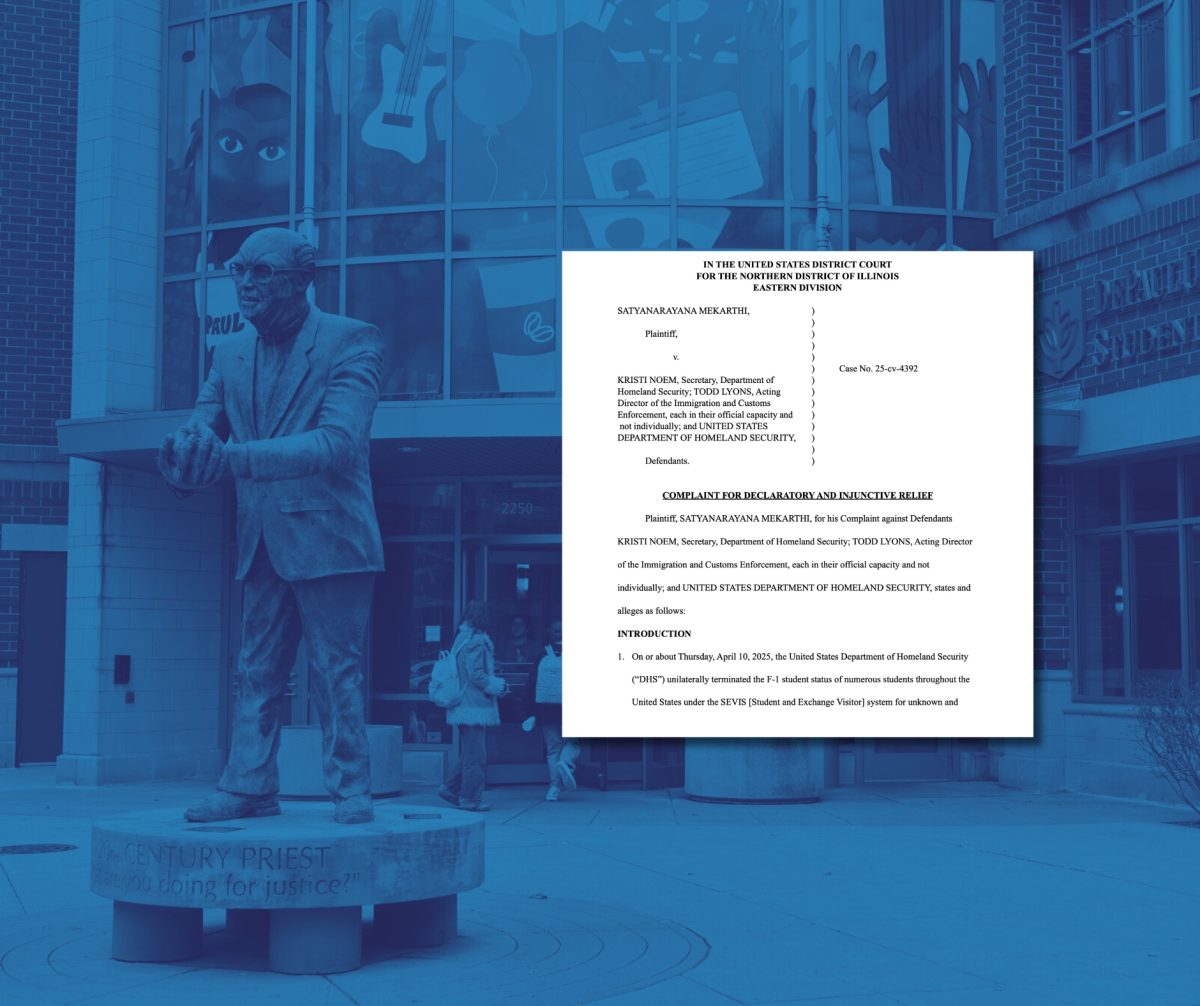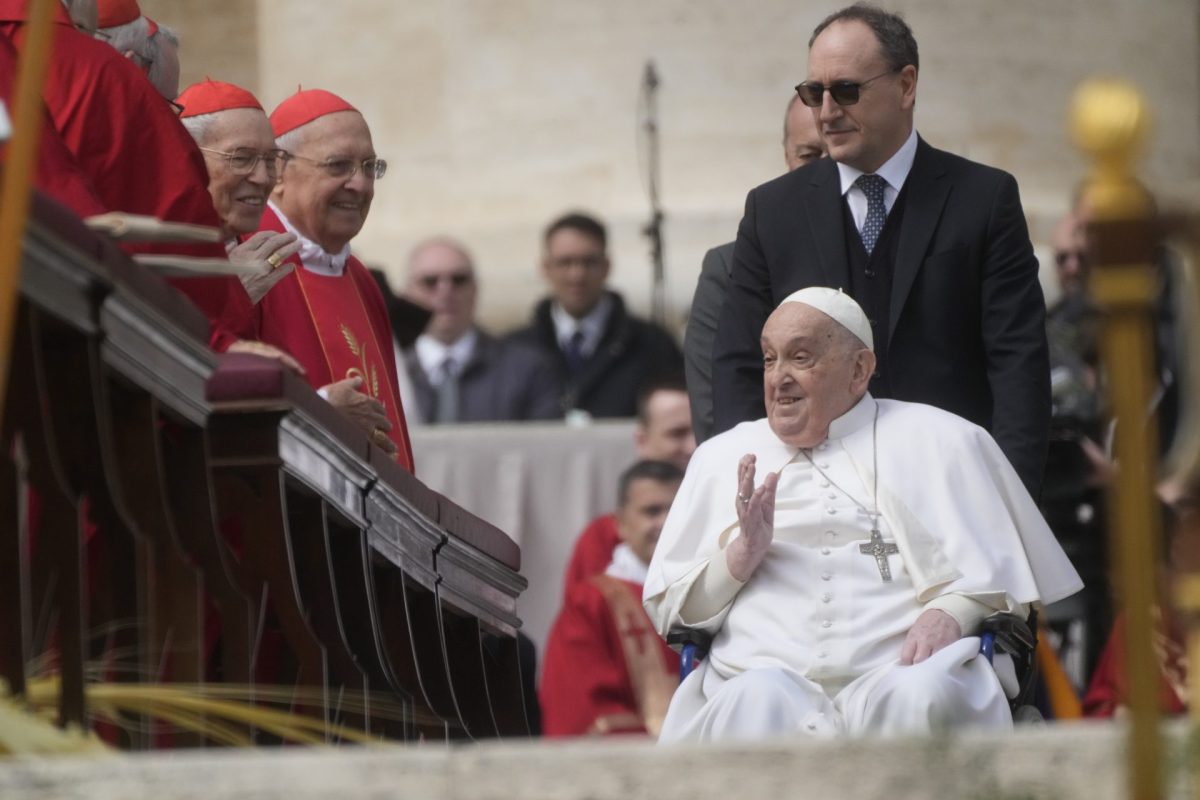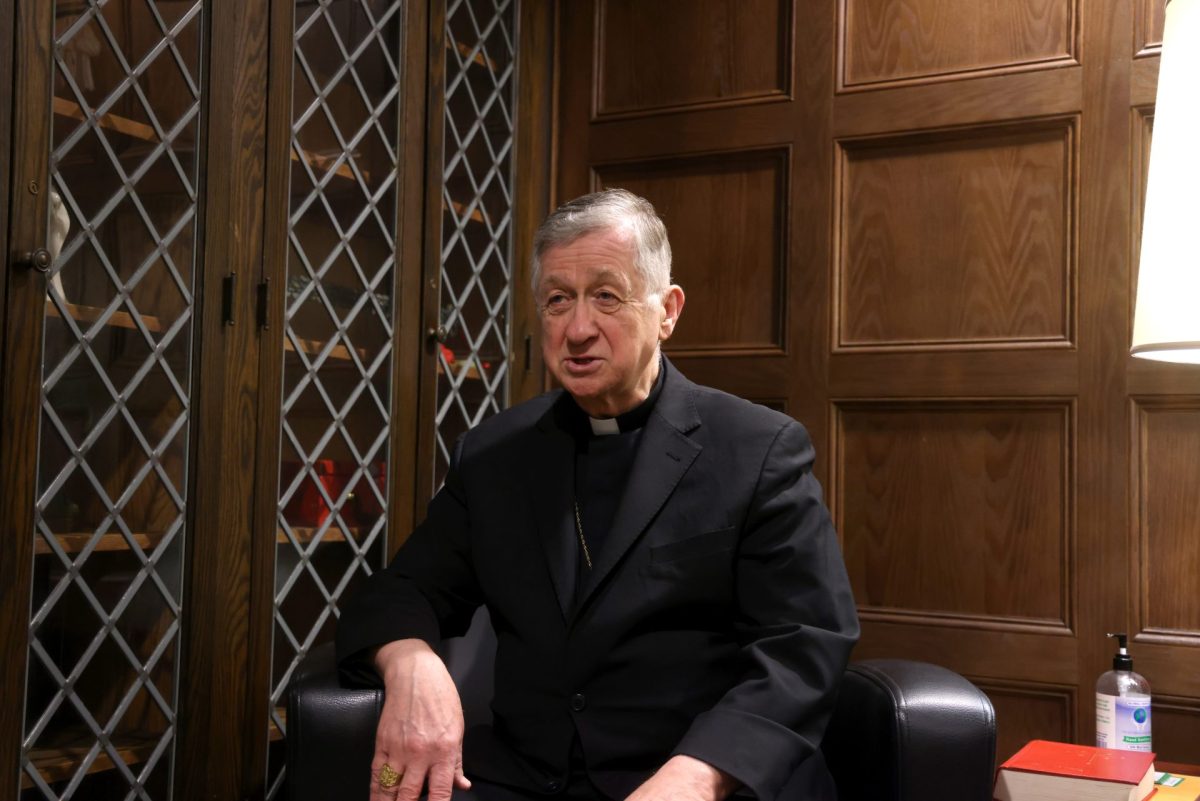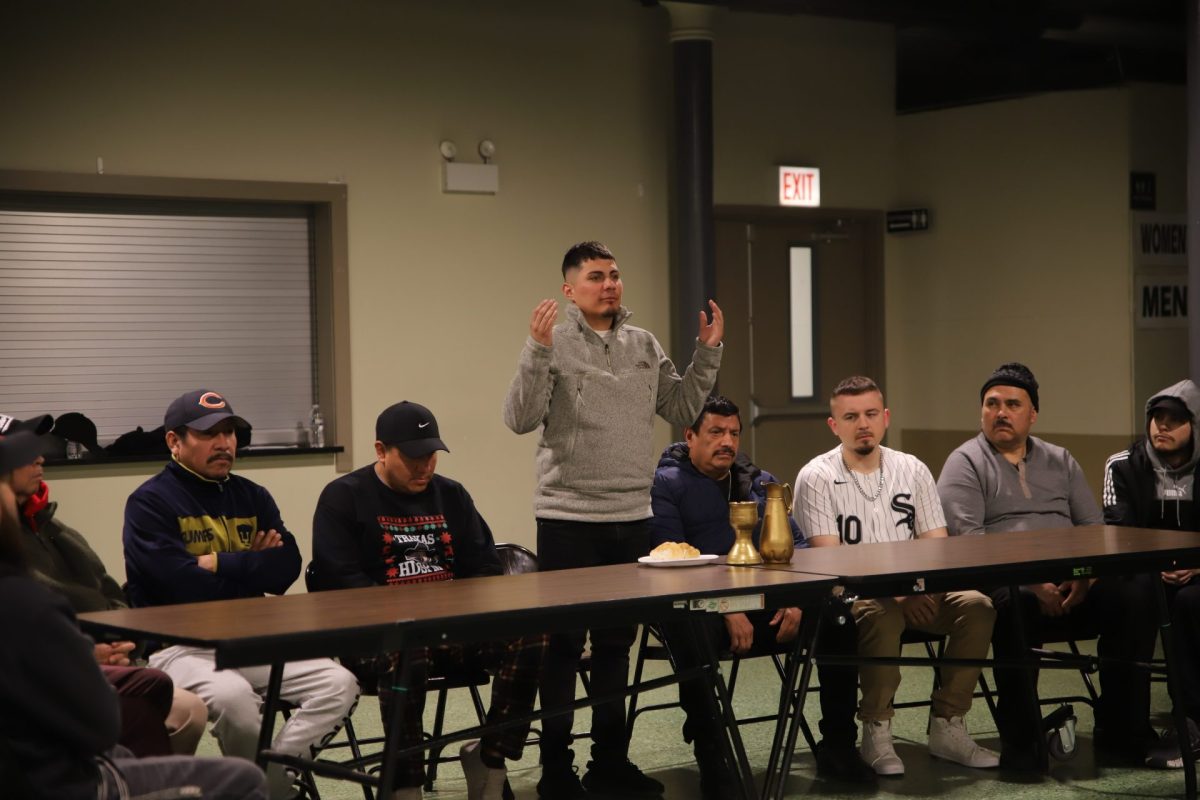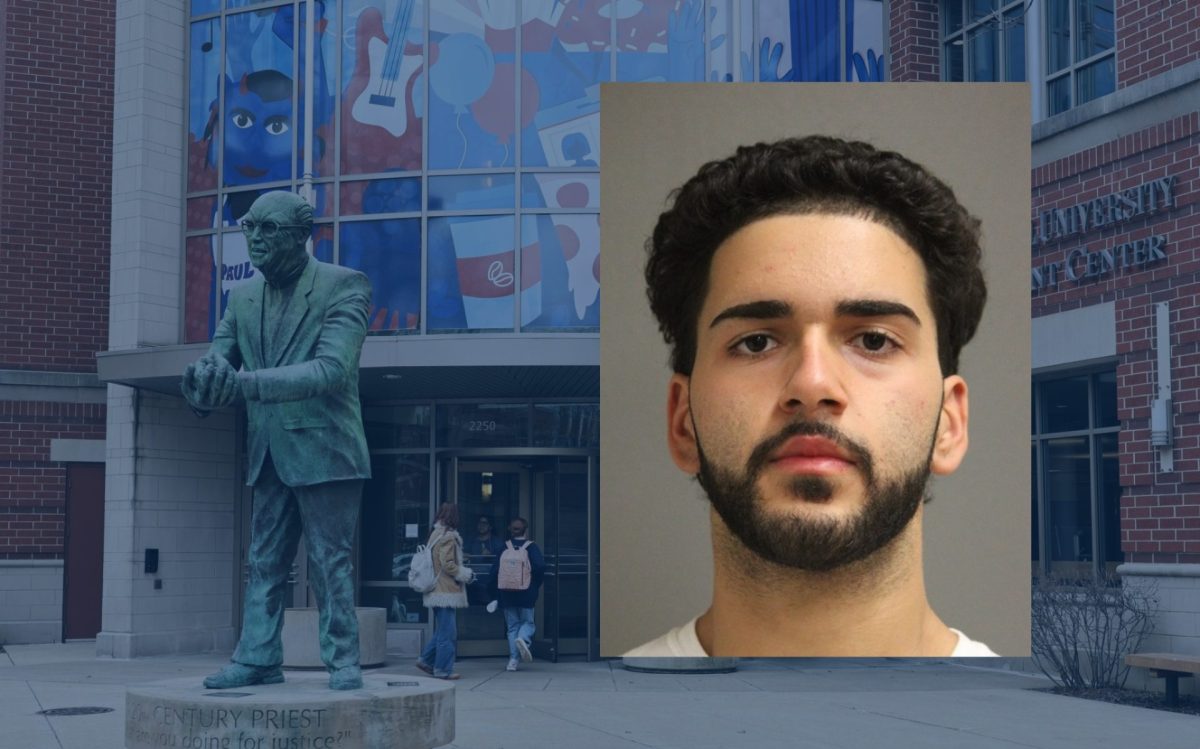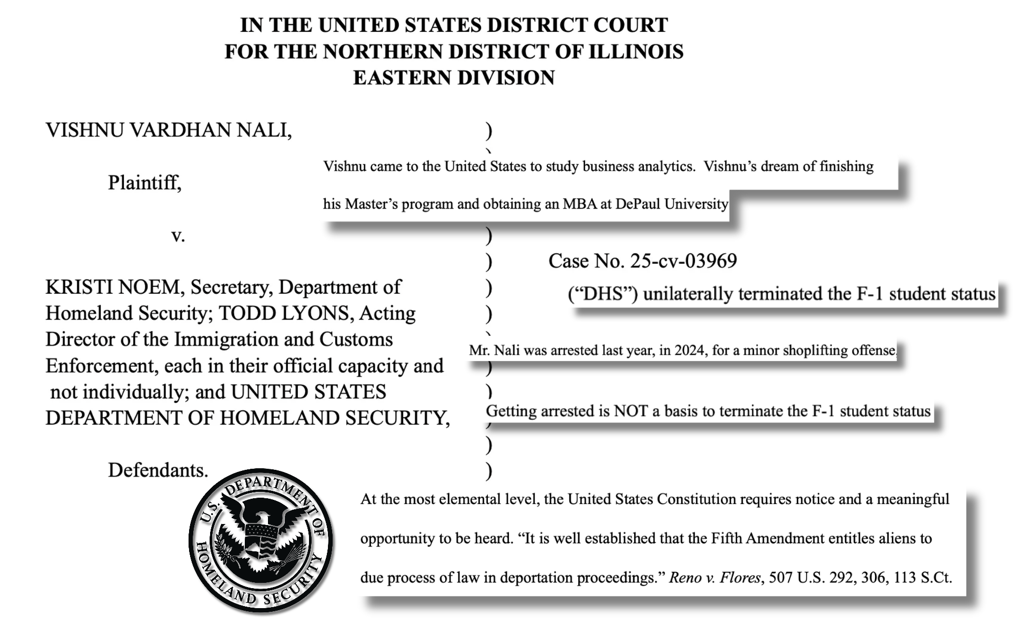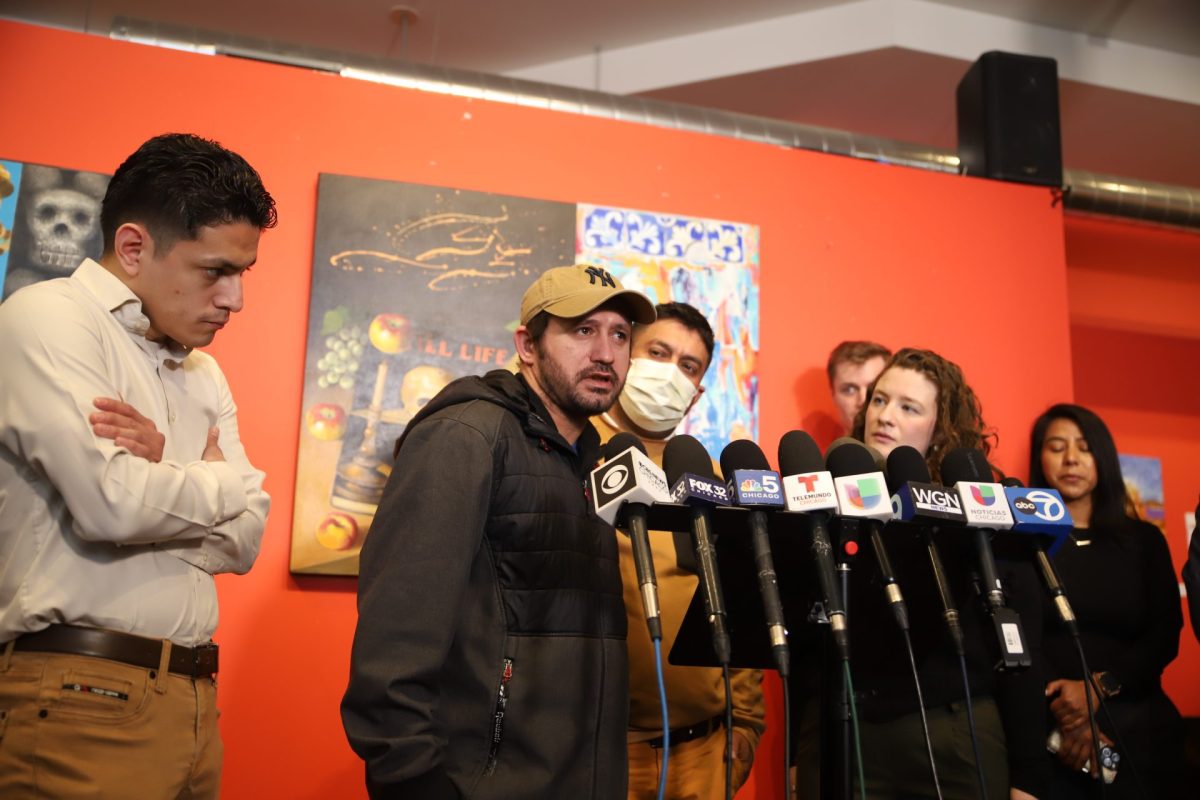Chalk drawings on the ground, lively conversations over food and laughter echo through the encampment at DePaul University. Regardless of their backgrounds, students and faculty members have been protesting, demanding that the University “disclose and divest” its financial ties to the Israeli government, as the humanitarian crisis in Palestinian territories continues.
Henna Ayesh, a second year DePaul student and the encampment media liaison, said protest organizers welcome students of all backgrounds to participate.
“Our Jewish allies are here with us. I think it also shows that this is not a religious war,” Ayesh said.
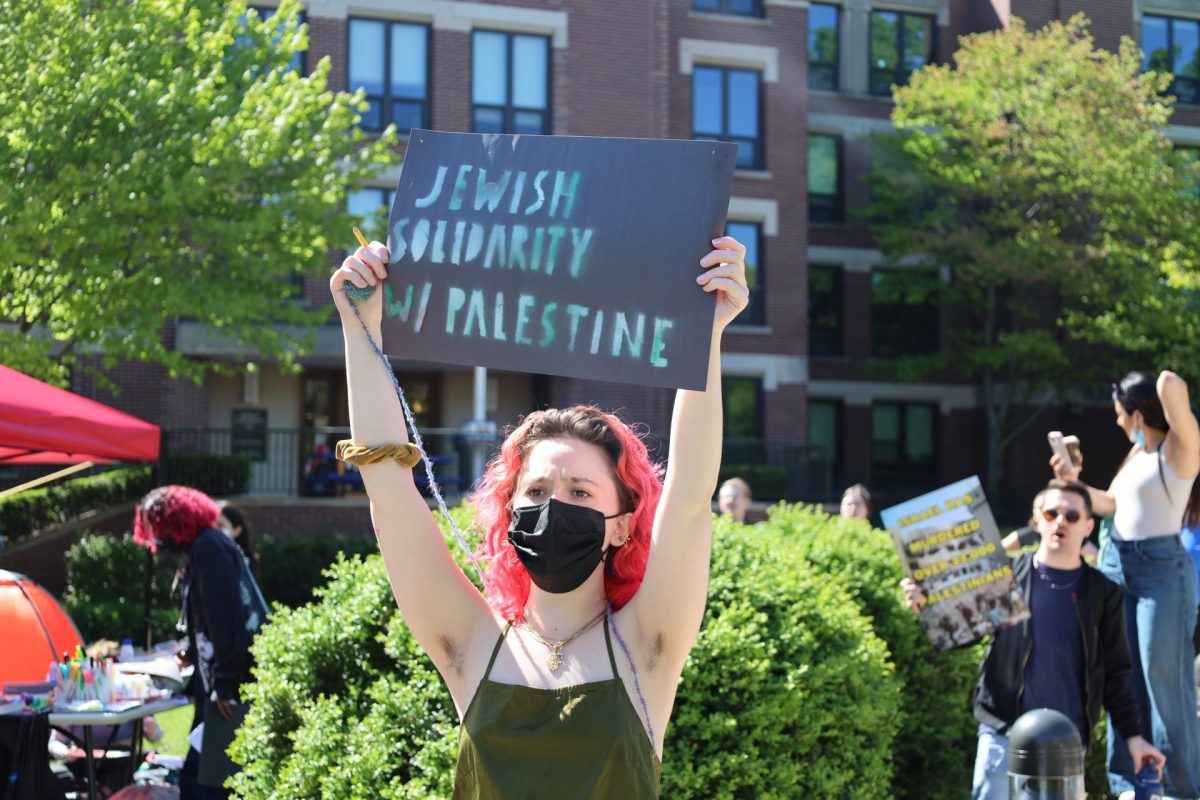
Ayesh said that many organizations including MESA (Movimiento Estudiantil de Solidaridad y Apoyo) and the BSU (Black Student Union) have been participating in the encampment. Other individuals in the Latine community at DePaul also have been contributing in various ways.
Melynna Hakim Arreola-Quiroga, a DePaul student and volunteer with the Muslim Civic Coalition, serves as a supplies coordinator for the encampment. She said her religious and cultural identity as a Mexican and Muslim woman inspired her to help.
“It’s a human rights issue. And people, no matter their race or creed, at their essence, they’re human,” Arreola-Quiroga said. “To see 34,000 people absolutely massacred, it’s heartbreaking, and I think that’s what compelled me the most because I am in a state of privilege where I have access to higher education.”
Arreola-Quiroga also volunteers for the Ta’leef Collective in Pilsen, a predominantly Latine neighborhood in Chicago, working to support people as they embrace Islam. She said that being multilingual allows her to serve as a community leader and encourages others to get involved in service opportunities.
“Already the Muslim community is very diverse. But we see even more diversity in the encampments…,” she said. “I think that just shows the importance of this.”
The roots of the protest resonate with DePaul’s Vincentian values, Arreola-Quiroga said.
“Servant leadership, first and foremost, to help out the immigrant community and the poor, and anyone that’s suffering – that’s why DePaul was created,” she said. “I see us students rallying together, no matter the race, the creed, the religion, and we all want to live out those Vincentian values and see them played out by the university itself.”
Luca Van Oss, an encampment marshal and another DePaul student, has been regulating and outlining the guidelines of the encampment to protestors. As a marshal, she is responsible for enforcing safety measures and ensuring students are comfortable.
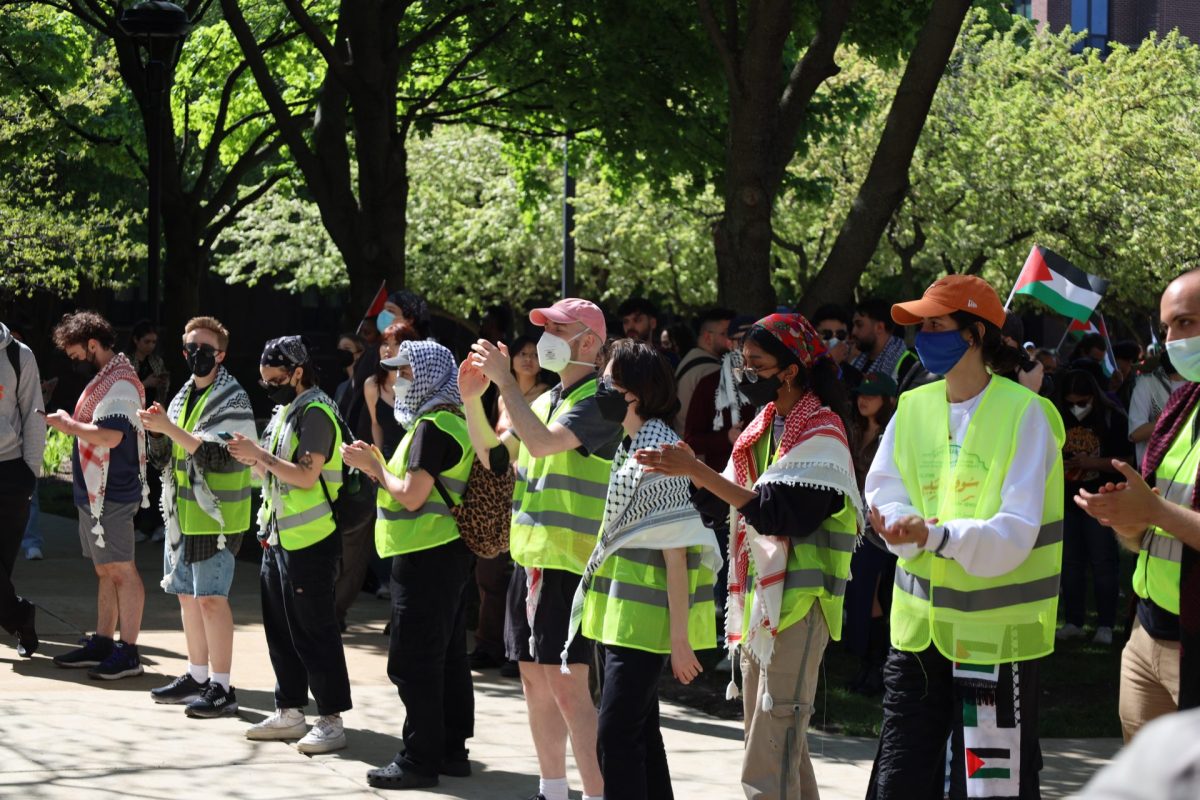
Being a Colombian and a Muslim, Van Oss said she understands the effects of military occupation and oppression. Both identities rely heavily on community which is what encouraged her to get involved with the encampment, she said.
Van Oss said that participating in the protest is her way of expressing her “Latinidad” and her religious identity.
“So much of the world tries to fracture us. But we understand that we’re strongest together and we keep each other safe,” Van Oss said. “So wherever people are coming from, whether it’s inside or outside of DePaul, of the institution, people are always being welcomed in this community, and each contribution is really important.”
Van Oss does not view the goals of the encampment as an identity-specific issue.
“Liberation struggles all over the world are inherently interconnected, because the systems that perpetuate violence against us are connected,” Van Oss said. “Zionism is not a thing that exists only in the state of Israel or is perpetuated by Israel alone, but exists in Latin America.”
According to Ayesh, students plan to continue protesting at the encampment until DePaul administration meets their demands.


